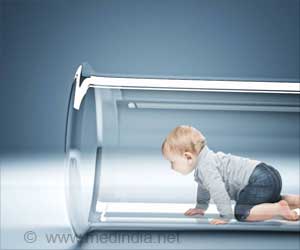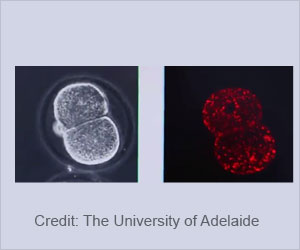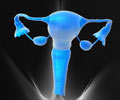- Children conceived with assisted reproductive technology (ART) have better quality of life
- IVF children have a better relationship with parents and are less prone to psychological distress
- ART improves physical health and well-being of the child, as they progress through adolescence into adulthood
“Together with previous evidence that adults conceived by ART have similar physical health to those who were naturally conceived, this is reassuring for people who were conceived with ART – and those who need ART to conceive.”
In the more than four decades since the first birth following in vitro fertilization (IVF) in 1978, more than 8 million children have been born as a result of ART. In that time, many studies have evaluated the physical health, development and psychosocial well-being of ART-conceived children compared with those naturally conceived (NC). But currently, there is less known about the health and quality of life of adults who were conceived by ART.in vitro fertilization (IVF) This study involved 193 young adults who were conceived through ART and 86 through NC in the state of Victoria, Australia. These participants completed questionnaires, which included a standardized quality of life measure (World Health Organization Quality of Life – Brief Assessment (WHOQoL-BREF)), when aged 18-28 years (T1) and again when aged 22-35 years (T2).
The WHOQoL-BREF assesses four domains of quality of life: 1) physical 2) psychosocial 3) social relationships and 4) environment.in vitro fertilization (IVF)
The researchers looked at the associations between factors present at T1 (mode of conception, the mother’s age when the participant was born, sexual orientation, family financial situation in secondary school, perceptions of own weight, number of close friends, frequency of vigorous exercise and quality of relationships with parents) and the scores on the four domains of WHOQoL-BREF at T2.
In addition, having less psychological distress, a more positive relationship with parents, a better financial situation, and perceptions of being about the right weight at T1 were associated with higher scores on one or more WHOQoL-BREF domains at T2.
“When accounting for other factors present in young adulthood, being ART-conceived appears to confer some advantages in quality of life. Perhaps unsurprisingly, we also found that, independently of how the person was conceived, having a better relationship with parents, less psychological distress, and a better family financial situation in young adulthood contributed to a better adult quality of life.”
This is the first study to explore the contributions of being conceived with ART and psychosocial factors present in young adulthood to the quality of life of adults. While the findings are reassuring, they should be be interpreted with caution because many of those who took part in the first study did not take part in the follow-up study.
Source-Eurekalert
















